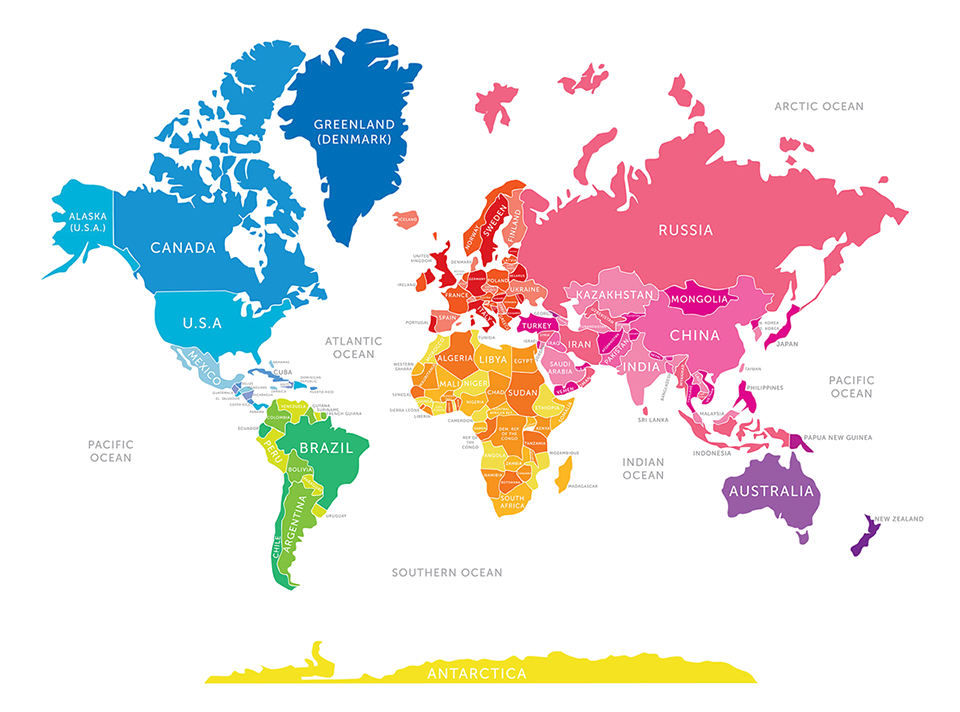
Brazil
Brazil is a vast, culturally-diverse country with a varied climate that offers many attractions to travellers. Wilderness abounds in Brazil and most travellers make a trip to Iguacu Falls with the more adventurous visiting the Amazon rainforest and wetlands of the Pantanal. Brazilians like to celebrate adn festival the Carnival in Rio de Janeiro attract crowds from all over the world. Travellers wanting to relax often head for the south-eastern beaches.Major Health Risks:
- Check your routine immunisations such as Tetanus and Diphtheria are up-to-date.
- Yellow Fever vaccination is compulsory for travellers who will be visiting Brazil and other areas in South America.
- Dengue Fever occurs in Brazil. It is very important to use insect bit avoidance measures throughout the trip.
- Malaria occurs in Brazil. Discuss malaria risk and prevention option with a Travel Doctor prior to departure.
- Discuss whether Hepatitus A and Typhoid vaccines are appropriate with a Travel Doctor.
| Hepatitus A | This is a viral disease of the liver which is transmitted through eating contaminated food or drinking contaminated water. It is the most common vaccine preventable disease that occurs in travellers to less developed areas of the world. It is strongly recommended for travel to Brazil. |
| Malaria | Malaria is transmitted by a night biting mosquito. The risk is highest in travellers visiting the Amazon Basin, less in travellers visiting the eastern coast and highland areas of Brazil. A decision on whether or not to take anti-malarial drugs should be made after consultation with a travel health specialist, taking into consideration the marlaria risk as well as potential side effects and cost of available drugs. Insect bits avoidance measures should be used throughout the trip. Any flu-like illness occurring during or after the trip should be investigated by a travel health specialist. |
| Typhoid | Typhoid Fever is caused by a bacteria found in contaminated food and water. It is endemic in the developing world and vaccination is recommended for travellers to areas where environmental sanitation and personal hygiene may be poor. The adventuous eater venturing "off the beaten track" should consider vaccination. |
| Dengue Fever | Dengue (pronounced Den-gee) Fever is a viral disease with flu like symptoms that is transmitted by mosquitoes. There is no vaccine for dengue fever and prevention is based upon insect avoidance via repellents, nets and insecticides. |
| Cholera | Cholera is a severe, infectious diarrhoeal disease common in developing countries. It is associated with conditions of pverty and poor sanitation. It causes a sudden onset of extremely profuse, watery diarrhoea within one or two days after contact with the bacteria. Rapid dehydration can occur. Travellers who follow guidelines for eating and drinking safely will minimise the risk of contracting cholera. An oral vaccine is now available. |
Learn more about our rewards
Find your closest My Travel Rewards affiliated clinic
Create an account with My Travel Rewards
Information from: http://www.traveldoctor.com.au/Page/Knowledge-Hub/Destination-fact-sheets/brazil
Find your closest My Travel Rewards affiliated clinic
Create an account with My Travel Rewards
Information from: http://www.traveldoctor.com.au/Page/Knowledge-Hub/Destination-fact-sheets/brazil

